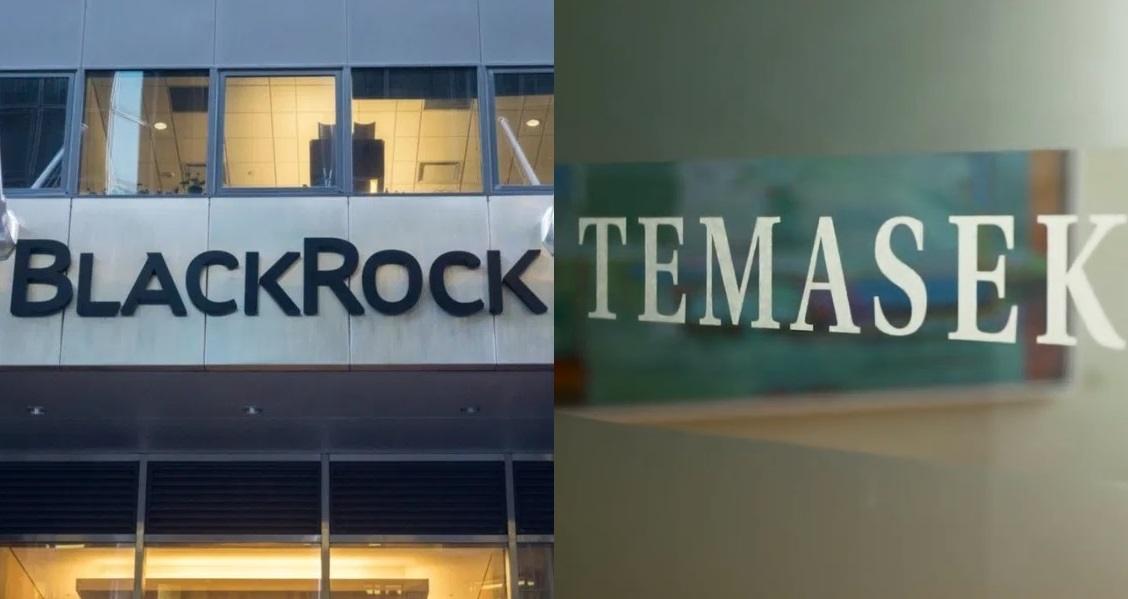CFA Institute to Set ESG Disclosure Standards for Investment Products, Publishes Consultation Paper
CFA Institute announced that it has published a consultation paper requesting feedback on its forthcoming Environmental, Social and Governance (ESG) Disclosure Standards for Investment Products. The consultation paper covers topics including the proposed scope, structure, and design principles and the voluntary, global standards. Additionally, CFA Institute is calling for volunteers to support the next phase of the Standard’s development.
Margaret Franklin, CFA, President and CEO of CFA Institute, said:
“Setting global industry standards to ensure transparency and safeguard trust is integral to our mission. In the face of growing interest in ESG investing, we found widespread support from the investment community for the development of a standard to reduce confusion and facilitate better alignment of investor objectives with product intent. The ESG Disclosure Standards for Investment Products will add to our current offering, including the Global Investment Performance Standards (GIPS®) and the Asset Manager Code™.”
According to CFA Institute, the consultation paper was written with the help of a working group of 15 international volunteers who have ESG expertise, as well as experience as asset owners, asset managers, consultants or service providers. The paper defines ESG-related features as components or capabilities of investment products that can be combined in different ways to meet different investor needs.
The paper proposes definitions for six ESG-related features, expected to serve as a backbone of the Standard in that they are a mechanism to connect investor needs and disclosure requirements. These include:
- ESG Integration: Explicitly considers ESG-related factors that are material to the risk and return of the investment, alongside traditional financial factors, when making investment decisions.
- ESG-Related Exclusions: Excludes securities, issuers, or companies from the investment product based on certain ESG-related activities, business practices, or business segments.
- Best-in-Class: Aims to invest in companies and issuers that perform better than peers on one or more performance metrics related to ESG matters.
- ESG-Related Thematic Focus: Aims to invest in sectors, industries, or companies that are expected to benefit from long-term macro or structural ESG-related trends.
- Impact Objective: Seeks to generate a positive, measurable social or environmental impact alongside a financial return.
- Proxy voting, Engagement and Stewardship: Uses rights and position of ownership to influence issuers’ or companies’ activities or behaviors.
Chris Fidler, Senior Director, Global Industry Standards, CFA Institute, said:
“The Standard will primarily focus on disclosure requirements for investment products with ESG-related features so that investors can more comprehensively evaluate whether or not an investment product will meet their needs. It is distinctly different from other standards that seek to establish disclosure requirements for corporate issuers, prescribe requirements for the labeling or rating of securities or investment products, or define best practice for a particular strategy or approach.”
Fidler added, “We know from experience that it is vital to have diverse perspectives in the formulation of global standards. We are seeking input from individuals, groups and organizations around the world in the form of comment letters, as well as individuals to participate in volunteer committees.”
Responses on the consultation paper are due October 19, 2020. The input is intended to help shape an Exposure Draft, an initial version of the ESG Disclosure Standards for Investment Products, which is expected to be released in May 2021.





